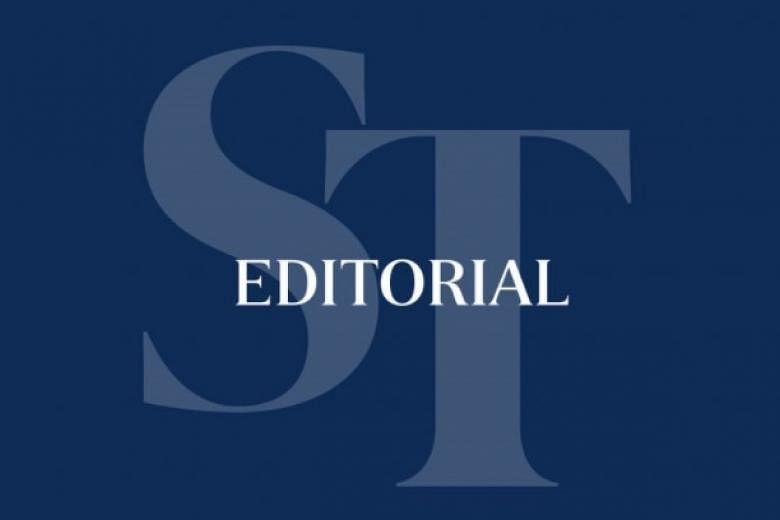The compulsory national health insurance scheme, MediShield Life, is set for a significant revamp next year, with wider benefits being proposed so that it can cover more and larger hospital bills. The proposal includes raising the yearly claim limit under the scheme from $100,000 to $150,000. But to pay for these benefits and rising healthcare costs, premiums are expected to go up next year by as much as 35 per cent. This will be the first increase in MediShield Life premiums since the scheme was launched five years ago. The change can be expected to elicit mixed responses, with Singaporeans welcoming the expanded benefits, but some worried about the financial burden of higher premiums. It is good therefore that the authorities are seeking people's views on the preliminary recommendations. Singaporeans from all walks of life should take this opportunity to give their feedback and suggestions so that the final shape of the proposal can be fine-tuned where necessary.
Singaporeans should nevertheless also take heart from two features of the revamp. First, up to 50 per cent of MediShield Life premiums will continue to be subsidised for about half the population, in addition to the subsidies that the Pioneer and Merdeka generations receive. These are permanent premium subsidies that provide help to a substantial number in the population. Additionally, the Government will give two years of Covid-19 subsidies to Singaporeans to reduce the burden of premium hikes. Given how the coronavirus pandemic has cut a deadly economic swathe through lives, these measures provide an important measure of financial help to Singaporeans. Second, there is the noteworthy proposal to include insurance coverage of treatment for drug addiction, alcoholism and injuries arising from attempted suicide or deliberate self-harm under MediShield Life. This is an important move because it will provide essential support to patients who stand in need of treatment and reduce the stigma against seeking help. The psychological dimension is crucial. Addiction and self-harm are difficult to address if they are seen as examples of undesirable social behaviour and not medical conditions that can be treated. The evolving approach to these conditions, reflected in the proposal, would go quite some way in bringing succour to those affected and to their families.
Already a subscriber? Log in
Read the full story and more at $9.90/month
Get exclusive reports and insights with more than 500 subscriber-only articles every month
ST One Digital
$9.90/month
No contract
ST app access on 1 mobile device
Unlock these benefits
All subscriber-only content on ST app and straitstimes.com
Easy access any time via ST app on 1 mobile device
E-paper with 2-week archive so you won't miss out on content that matters to you

